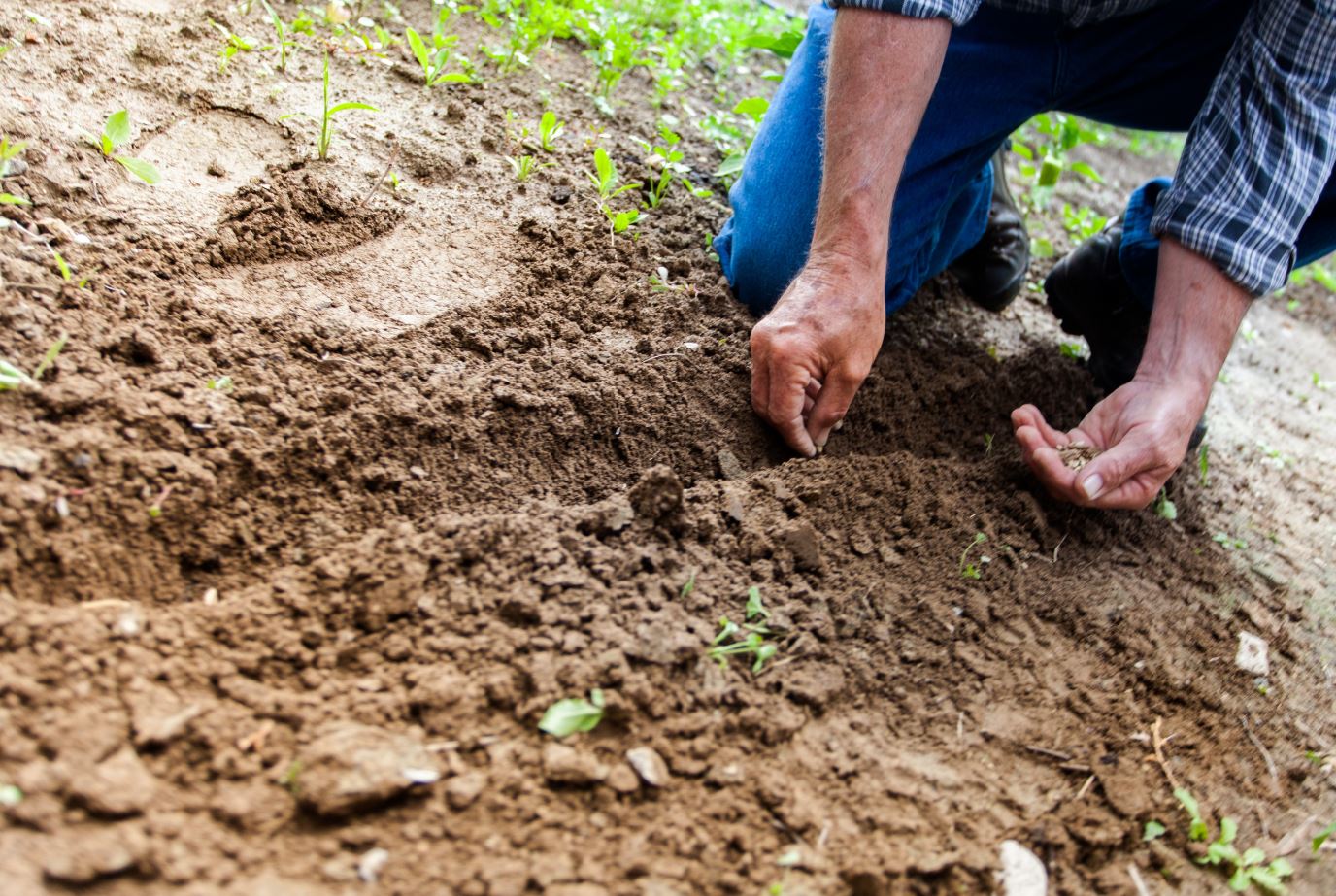The evolutionary case for sex is genetic variation. The variety arising from the mating of two diverse individuals is almost infinite; natural selection can then act to favour those most suited to life in our ever-changing world.
In a static world, it would be more efficient to reproduce through cloning, i.e. growing new but genetically identical multiplications of ourselves. This worked well for potatoes – until potato blight arrived from South America, exposing the dangers of genetic uniformity. One might hope that farming would have remembered the value of diversity to food security, especially in a world with a rapidly changing climate. Yet, after millennia of farmers selecting the plants most suited to local conditions and saving seeds, the same genetically narrow, patented varieties are now being grown around the globe. A frightening 60 per cent of the global seed trade is controlled by just four companies; their use of first hybridisation and then genetic modification, plus rigorously enforced contracts, make seed saving illegal (for GM seeds) or impossible (for hybrid seeds).
Modern breeding techniques have undeniably contributed to the two- to four-fold yield increases seen in most crops since World War Two. It would be impossible for us to grow many of our vegetables at the prices most of you expect to pay without hybrid seeds, which massively reduce harvest costs through uniformity and synchronous maturity.
But these advances have been accompanied by massive increases in fertiliser and pesticide use, declining nutritional quality, and a loss of genetic diversity. Most concerning is that those four companies controlling our food and farming have appalling environmental records; the largest, Bayer-Monsanto, brought us DDT, PCBs and Agent Orange.
Last week was The Gaia Foundation’s ‘Seed Week’, focusing on the benefits of buying locally grown and adapted organic seeds. It has reminded me to urge the gardeners among you to support the independent and highly-principled Real Seeds, Seed Co-operative and Vital Seeds. These rebel seed-savers and small commercial breeders are leading a minor fight-back with non-hybrid varieties, thereby contributing to the maintenance of genetic diversity, and perhaps even to food security.












Guy, well said. And Gardeners can make a difference – buy from the rebels above and maybe get involved in seed swaps and so on. We need this- if Brexit happens then we will be more at rsk as UK Gov deal Trade with the USA.
Charles
Thanks Charles – local seed swaps are a great way to share skills and ideas as well as the seeds themselves.